Care of the Hospitalized Patients
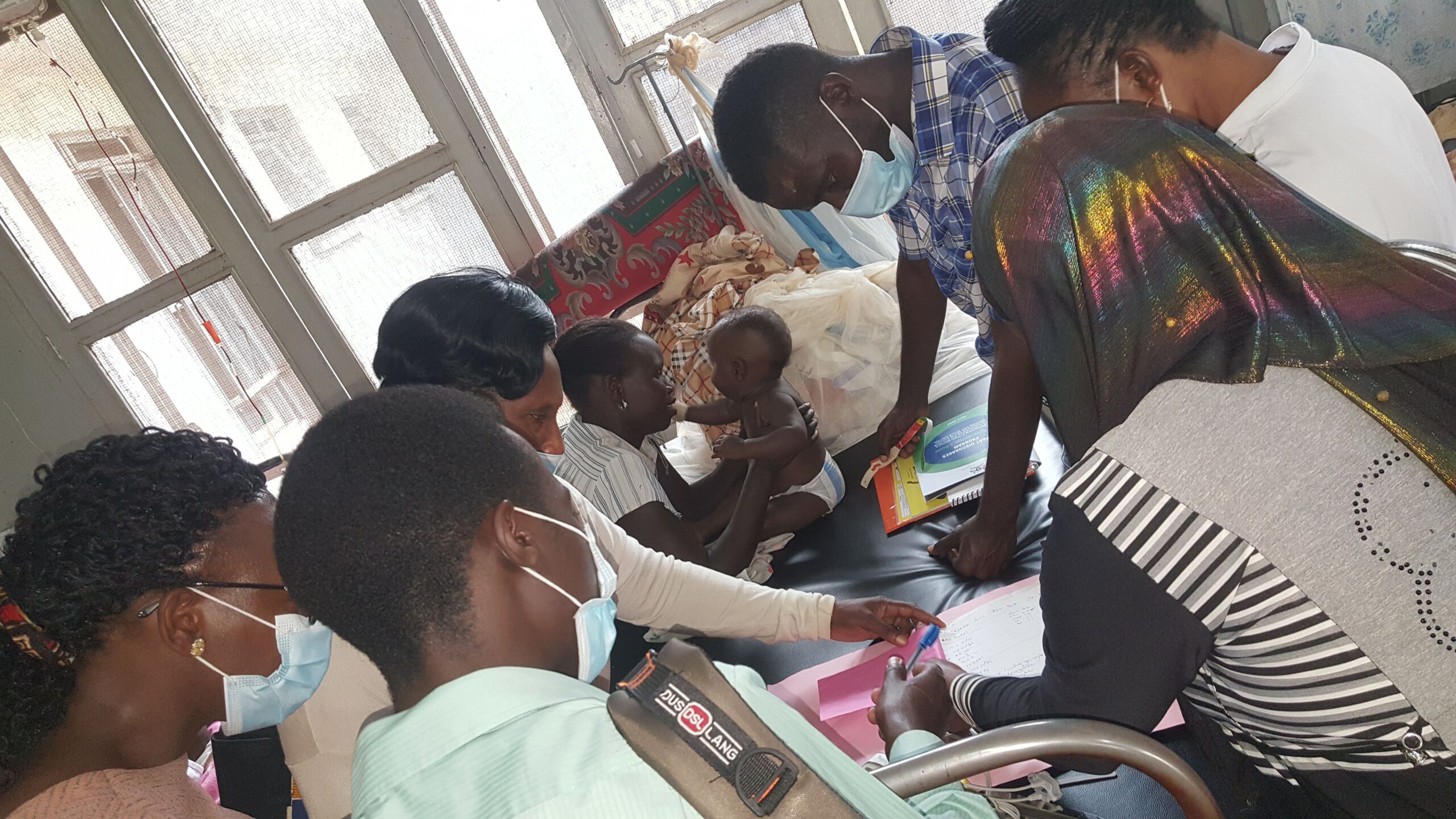
Care of the Hospitalized Patients
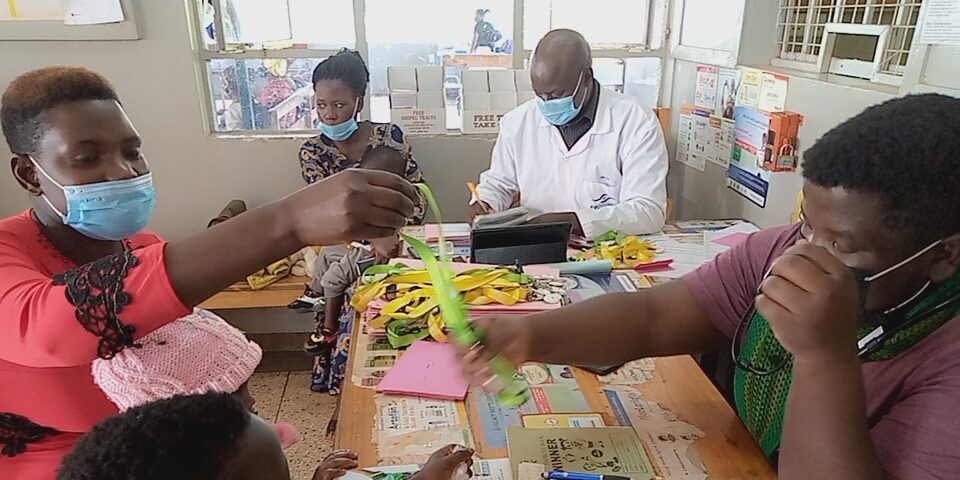
Smart Triage
Smart Triage rapidly produces a simple and accurate risk prediction to prioritize care based on illness severity and reduce delays in treatment for children arriving to the hospital. This tool has been extensively validated in partnership with the University of British Columbia, Uganda Catholic Medical Bureau, Uganda Ministry of Health, and Kenya Medical Research Institute. Smart Triage combines a digital triaging tool with training for hospital staff on using the data produced from triage can be to drive iterative cycles of QI that optimize overall quality of care and reduce preventable child deaths.
People served
Critically-ill children arriving at a hospital and their caregivers; Health workers and hospital administrators
Funder
Grand Challenges Canada and Wellcome
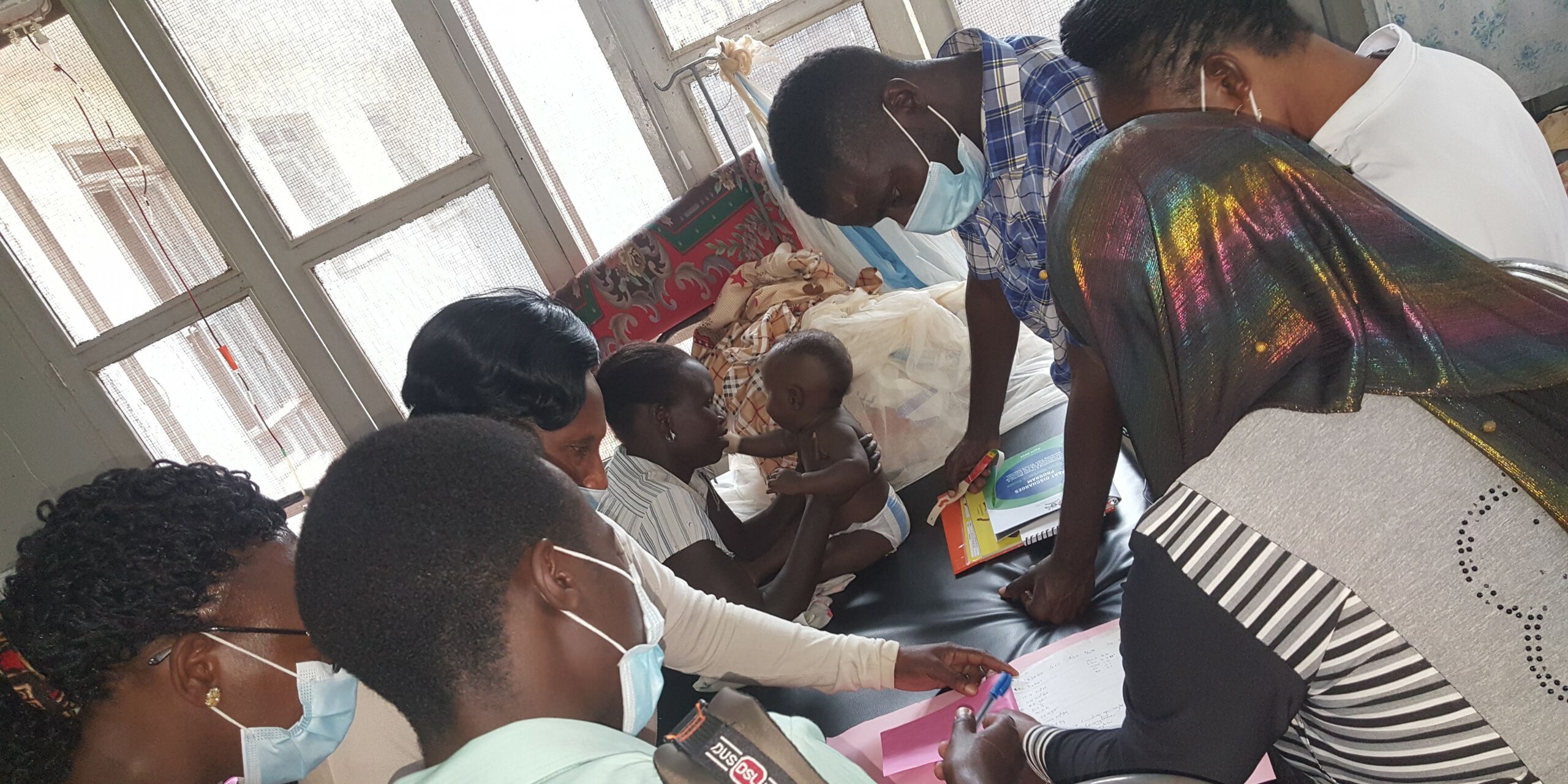
Smart Discharges
Smart Discharges improves transition in care by using risk-prediction to create personalized discharge and post-discharge care plans tailored to level of risk. Smart Discharges combines caregiver counselling and down-referrals, health worker training, and digital platforms for collecting, monitoring, and reporting on data to support improved care at the patient, health worker, and health facility level. Smart Discharges initially focused on younger children, but we recently began research to expand this approach to include older children and children refugee communities in Northern Uganda. We are adapting the Smart Discharges approach to improve postnatal and postpartum care after discharge. During this time mothers and newborns remain especially vulnerable to sepsis.
People served
Children recently hospitalized for severe infections; Mothers and newborns discharged from hospitals after facility births; Health workers and hospital administrators.
Funder
Grand Challenges Canada, Thrasher Research Fund, Canadian Institutes of Health Research, and Elrha
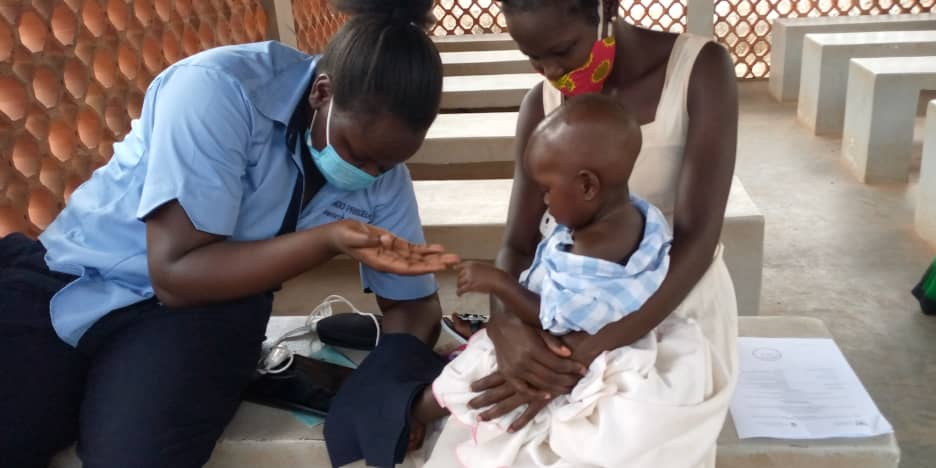
Sub-Saharan Africa consorTium for the Advancement of Innovative Research and Care in Sepsis (STAIRS)
We are lead of the STAIRS Network, a collaboration of eight research institutions in Africa and Germany that aim to foster research in sepsis. This includes identification of biomarkers for severe sepsis to aid in diagnosis and management and evaluation of different digital health strategies for improving sepsis care in-hospital and post-discharge for children and adults. This Network will leverage our findings from the Smart Discharges Program and ARCS
People served
Children and adults hospitalized with severe sepsis
Funder
German Federal Ministry of Education and Research
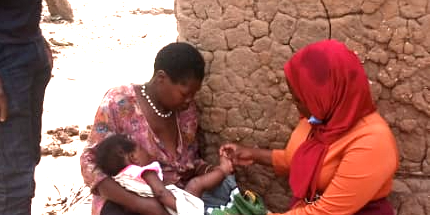
The Africa Research Collaboration on Sepsis (ARCS)
ARCS is a multi-country collaboration sponsored by the Liverpool School of Tropical Medicine aimed to improve the survival and quality of life of patients hospitalized with sepsis through multidisciplinary applied health research at the health facility and health system levels. In its role as implementing partner in Uganda, Walimu conducted multiple studies to help address knowledge gaps in key areas of sepsis understanding in Uganda, including epidemiology, host response, use of point-of-care ultrasound, quality improvement, patient perspectives and policy.
People served
Adult patients hospitalized with sepsis
Funder
U.K. National Institute for Health and Care Research (NIHR)
